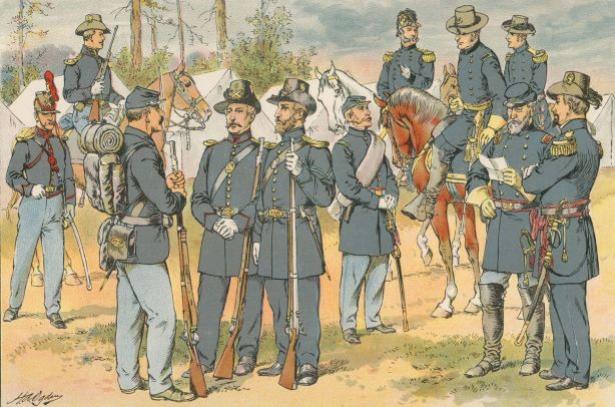What Really Happened on Juneteenth — And Why It’s Time for Supremacists and Their Sympathizers to Surrender
If you saw my column about Juneteenth posted here over the last few days, or a previous version on the website of Be’chol Lashon several years ago, or a video version currently presented by Be’chol Lashon, you would know I had bittersweet feelings about the history of the day.
I no longer do. I am outraged by it.
My change in emotion comes after learning from historian friends that the oft-repeated tale of Union soldiers arriving in Galveston, Texas, on June 19, 1865 to inform enslaved African Americans that they were free is pure fiction. Not because they weren’t legally freed 2-½ months earlier when Confederate Gen. Robert E. Lee surrendered at Appomattox. Or technically freed 2-1/2 years before when President Lincoln issued the Emancipation Proclamation, declaring slavery null and void in areas under rebellion, very much including Texas.
Rather, I now know, the big lie is the incessantly repeated canard that Galveston’s po’ ignant Black folks didn’t know they was free, and that U.S. Major Gen. Gordon Granger had to read a proclamation to spell it out for them.
In fact, they most certainly did know.
“We knowed what was goin’ on in [the war] all the time,” Felix Haywood, who was enslaved in Texas, is recorded as saying in an account by historian Gregory P. Downs.
Haywood was in no way an anomaly, but representative of the majority of the enslaved populace, Downs asserts. He further quotes Haywood saying, “We all felt like heroes and nobody had made us that way but ourselves.”
If Galveston’s Blacks already knew they were free, obviously so too did their slaveholders, who nonetheless kept them in bondage — not by cunning or deceit or ignorance, but by the brute force and tactics of dehumanizing torture they had been using for 200 years.
Gen. Granger didn’t bring liberation by words on a scroll but by troops with fixed bayonets.
From a Jewish perspective, this changes the analogy, popularized in so-many intergroup Juneteenth celebrations, from the Exodus from Egypt to the liberation of Dachau — only with the Nazis still trying to work the inmates to death.
And if this paradigm shift from the popular narrative isn’t explicit enough, it gets even worse when you learn that June 19 wasn’t the magical day that ended American slavery once and for all, either.
“In October 1865, months after the June orders, white Texans in some regions ‘still claim and control [slaves] as property, and in two or three instances recently bought and sold them,’” Downs writes, citing historical records. “To sustain slavery, some planters systematically murdered rebellious African-Americans to try to frighten the rest into submission,” he continued, citing a report by the Texas constitutional convention stating white Texans killed almost 400 Black people between 1865 and 1868.
[Robin Washington, an acclaimed veteran journalist from Minnesota, is the Forward’s Editor-at-Large. A longtime senior editor, columnist, radio host and documentarian across mainstream and ethnic media, he was one of the founders of the Alliance of Black Jews and early pioneer of the term, “Jew of color” more than two decades ago. Contact him at rwashington@forward.com or follow him on Twitter @robinbirk. ]


Spread the word